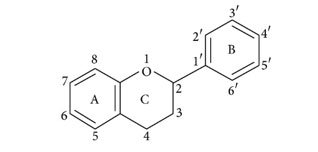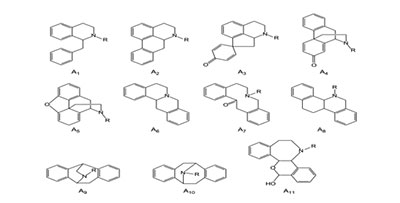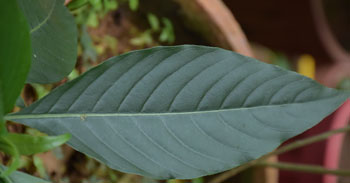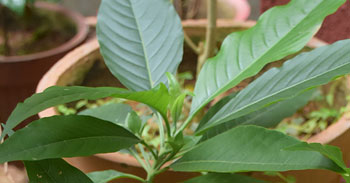KJC Medicinal Garden
Adusoge
Justicia adhatoda
Order: Lamiales
Family: Acanthaceae
Genus: Justicia L
Species: justicia adhatoda L
Common Names: Malabar nut
Native to The plant's native range is the Indian subcontinent (Assam, Bangladesh, India, Nepal and Sri Lanka), Laos and Myanmar.
Other plants of the same genus with medicinal properties
-
Justicia pectoralis
Justicia extensa
Justicia gendarussa
J. procumbens
Justicia reptans
Justicia valida Ridl
- It is a shrub 1-2.5 m tall with opp branches.
- The leaves are simple, opposite, 7-19 cm long and 4-7 cm wide.
- The flowers in the plant are white, pink or purple with characteristic odour/smell and bitter taste.
- TS the leaves showed two layers of palisade cells and stomata.
- Grandular and nongrandular trichomes are present on the surfaces of leaves.
- Justicia adhatoda, is used to treat cold cough and some serious diseases(lung related) and it has a broad value in India .
- Adhatoda vasica Nees is a well-known Ayurvedic medicinal plant
- has a number of traditional medicinal uses in Siddha medicine, homeopathy, and Unani medicine.
- total carbohydrate present (16.1 mg/ g)
- proteins (7.8 mg/g)
- phenols (32.1 mg/g),
- flavonoids (37.9 mg/g)
- alkaloids (1.09 mg/g)
- for cough
- cold
- asthama
- To liquify sputum
- bronchodialator
- bronchial catarrh.
- Bronchitis
- Tuberculosis c
Active Phytochemicals
Flavonoids:

Being phytochemicals, flavonoids cannot be synthesized by humans and animals . Thus flavonoids found in animals are of plant origin rather than being biosynthesized in situ.
Flavonoids in food are generally responsible for colour, taste, prevention of fat oxidation, and protection of vitamins and enzymes
Flavonoids found in the highest amounts in the human diet include the soy isoflavones, flavonols, and the flavones. Although most fruits and some legumes contain catechins, the levels vary from 4.5 to 610 mg/kg
They have extensive biological properties that promote human health and help reduce the risk of diseases.
Flavonoids contained in berries may have a positive effect against Parkinson’s disease and may help to improve memory in elderly people.
Alkaloid

ProteinsBiologically active molecules obtained from plant sources, mostly including secondary metabolites, have been considered to be of immense value with respect to the treatment of various human diseases However, some inevitable limitations associated with these secondary metabolites like high cytotoxicity, low bioavailability, poor absorption, low abundance, improper metabolism have forced the scientific community to explore medicinal plants for alternate biologically active molecules A large number of proteins isolated from the medicinal plants have been shown to exhibit anti-microbial, anti-oxidant, anti-HIV, anticancerous, ribosome-inactivating and neuro-modulatory activities. medicinal plant proteins such as Bowman-Birk protease inhibitor and Mistletoe Lectin-I are presently under clinical trials against prostate cancer, oral carcinomas and malignant melanoma
References
1. Pelagia Research Library
2. Phytochemical Analysis, Antimicrobial Efficacy and Determination of Bioactive Components from Leaves of Justicia Adhatoda
3. PG & Research Department of Zoology, Voorhees College, Vellore, Tamilnadu - 632001, India.
4. National Library Of Medicine
Therapeutic Potential of Medicinal Plant Proteins: Present Status and Future Perspectives Pubmed.go

